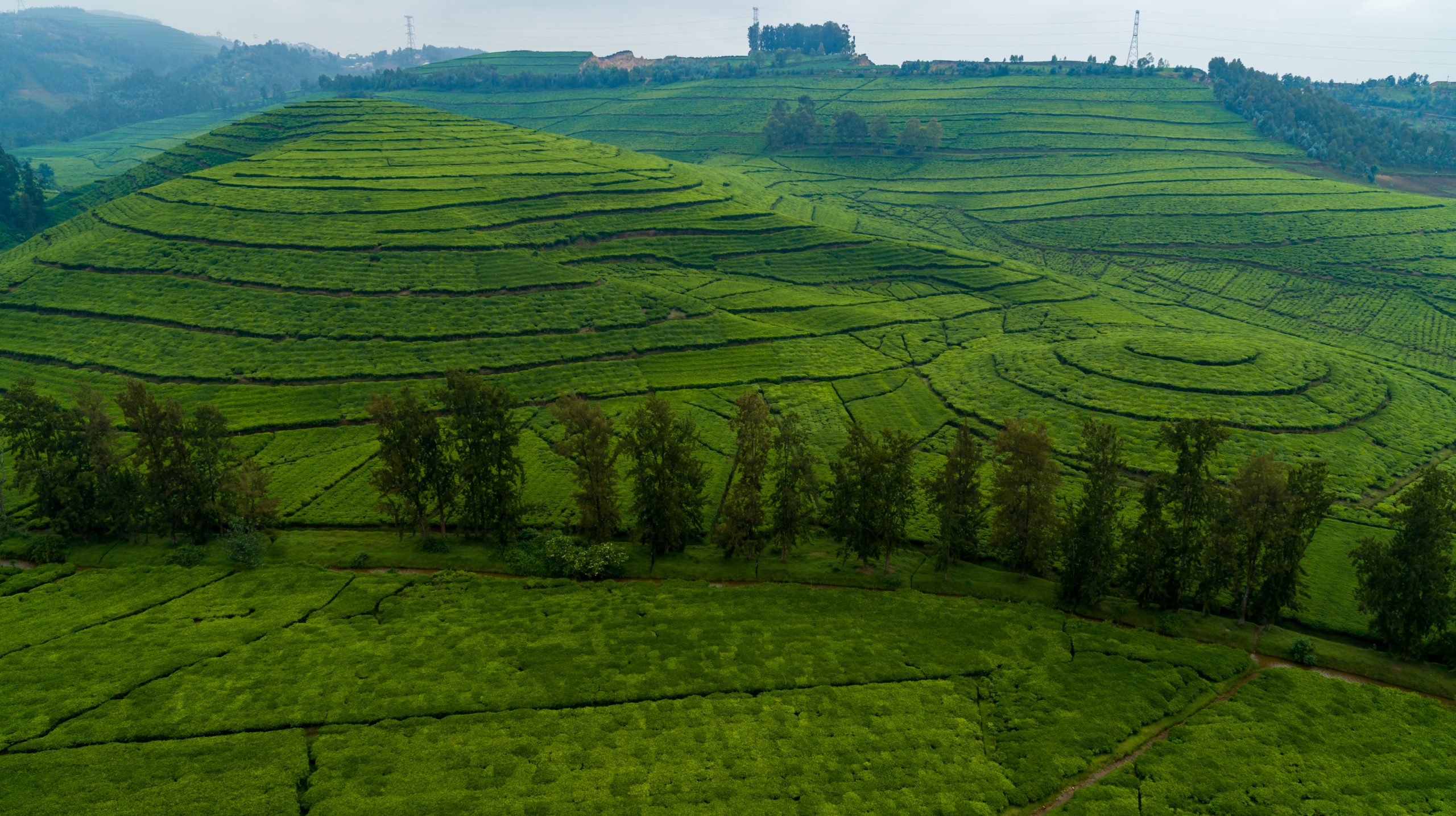
Rusizi – A Hub for Sustainable Agriculture
In the early morning, a soft mist covers the forested hills, hinting at the fertile land. This is a destination where nature and farming thrive together. This peaceful landscape reflects the promise of abundant harvests and the quiet beauty of a life connected to the land.
Welcome to Rusizi, a hidden gem known for its agricultural potential. This region is renowned for its fertile lands and favorable climate ideal for tea and coffee cultivation, vegetable farming, and rice farming among others. This district isn’t just about natural beauty; but also a place filled with opportunities for investors. In this article, you will meet some of the local hero farmers and cooperatives who are transforming this area into a thriving agricultural hub.
Shagasha Tea Factory: A Farmer-Owned Success Story
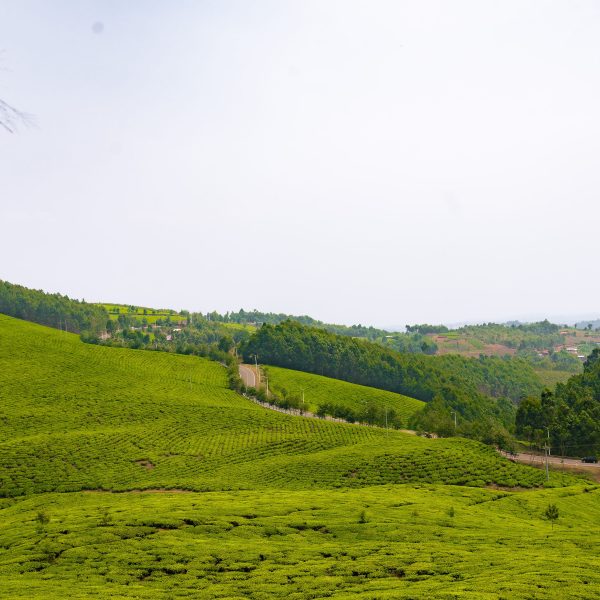
While exploring the scenic beauty of Rusizi, one cannot miss the well-appealing tea plantations surrounding the Shagasha Tea Factory. Established in 1963, Shagasha is notable as the only tea factory in Rwanda owned by farmers. The factory operates under two cooperatives: COOPTHE, with 830 members, and Cooperative Du The Villageois, with 500 smallholder farmers; both of which supply their yields to the factory.
Shagasha is known not only for being one of the oldest tea factories in Rwanda but also for its unique tea production that competes on the global market. With more than 1,500 hectares of tea cultivation areas, the factory aims to boost the tea industry in Rwanda with high-quality tea plants and ensure the development of its region.
Shagasha’s impact on the local community is prominent with a majority of 90% number of employees coming from its surrounding village. This initiative not only creates employment but also improves the livelihoods of Rusizi communities.
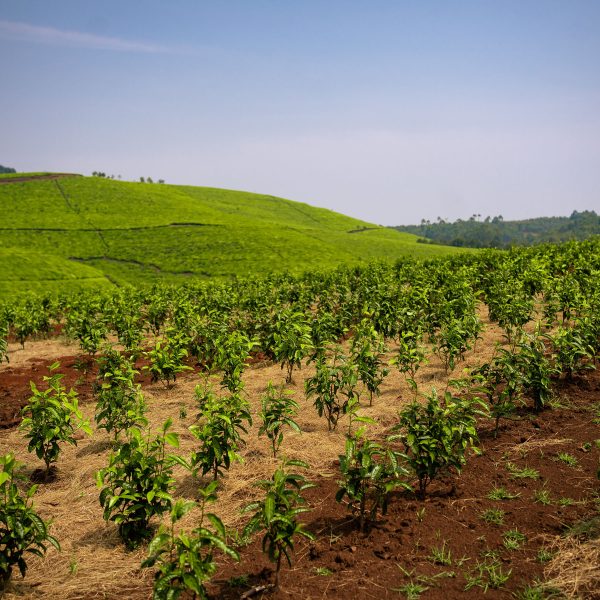
Walking through the tea fields, visitors can see the factory’s commitment to sustainability firsthand. The factory implements innovative practices such as planting grevilleas and selecting resilient seeds that adapt to climate changes, ensuring that their tea production remains consistent and of high quality.
“We are planting many types of tea that are more resilient and focusing on soil erosion mitigation to ensure long-term sustainability,” the Managing Director said.
Shagasha’s efforts extend beyond the fields. The management said that they are exploring eco-friendly packaging and energy-efficient processing methods. These innovations aim to reduce the factory’s carbon footprint and improve the overall factory performance.
Rusizi stands out as a promising destination for agriculture and agritourism investment. Known for its unique fertile soil and friendly climate, Rusizi is renowned for producing fresh and high-quality vegetables. The region’s well-developed infrastructure including efficient transport networks and access to cross-border trade routes, facilitate the easy movement of goods, improving the investment attraction.
This combination of fertile land, robust infrastructure, and a favorable business atmosphere positions Rusizi as a top choice for agriculture and agritourism investment.
For those interested in agro-tourism, Shagasha Tea Factory is a must-visit destination. Visitors can experience the entire tea production process, from field to cup, and enjoy tea-tasting sessions, making the trip truly exceptional.
Fruits and Vegetables can Thrive in Rusizi
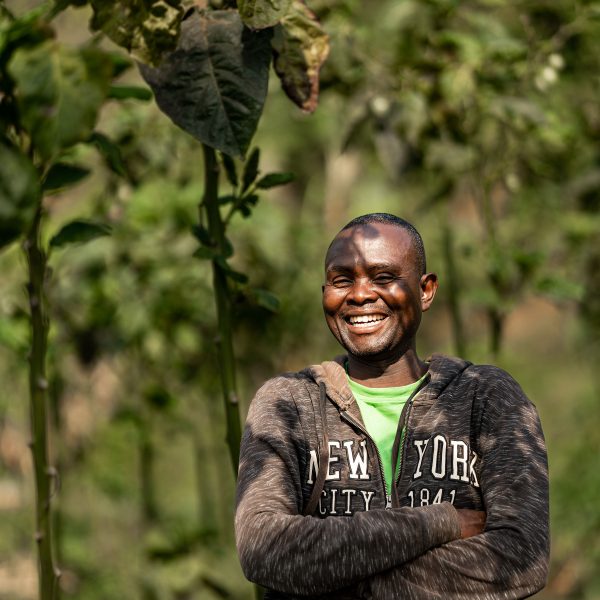
Meet Francois Mbonankira, a dedicated farmer known for his diverse agricultural produce in Rusizi district of Nzahaha Sector. As you step onto his farm, Francois greets you with a hearty handshake. Being recognized as one of the professional farmers in the region, Francois is making a difference in the agriculture space in this destination.
The diverse soil types in the area allow Francois to cultivate different crops suited to each soil’s characteristics. “I grow fruits like watermelons, vegetables, sugarcane, and grains,” Francois said.
Francois goes beyond cultivation; he aims to uplift the livelihood of his surrounding village by providing jobs to residents. “I work with local communities and pay them based on the days they have worked with me,” he explains. He also supports his workers with health insurance and helps with other financial needs, allowing them to pay back later if necessary. This supportive approach has fostered strong bonds among his workers, making them prefer working for him over others who might offer higher wages.
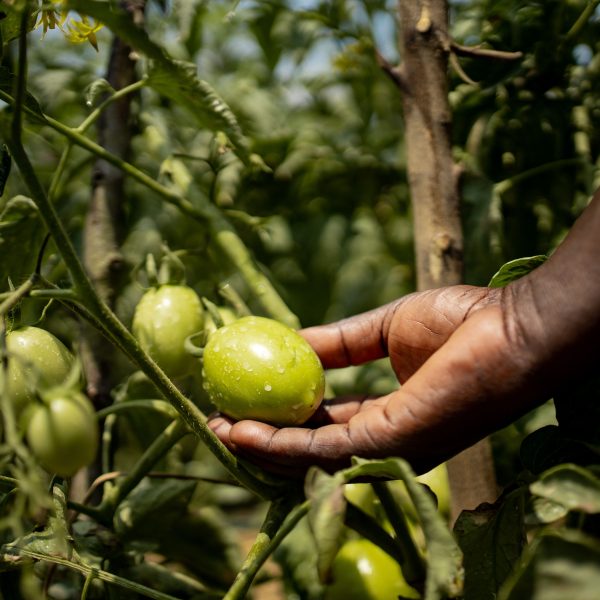
Being close to Kamembe and Bugarama markets, Francois supplies his produce with ease- which motivates him to keep cultivating even at a large scale. “Investors from Kamembe, Bugarama, and even Kigali come to buy directly from the fields,” he shares.
Francois pointed out the various opportunities that people can invest in and shared his insights on farming which investors should consider. “It’s important to know if the seeds you are planting are compatible with the soil. Having money alone is not enough; knowledge about the land and climate is also crucial,” he advises.
Francois understands the importance of integrating sustainability into his farming activities. “We use organic fertilizers and practice crop rotation to keep the soil healthy,” he explains. His dedication to sustainable practices ensures that the land remains fertile and productive for future generations.
Despite his commitment, Francois and other farmers in the same field still face many challenges including irrigation equipment. He believes that the modern irrigation equipment would allow them to minimize the loss and boost their agricultural productivity.
Francois’ story is a testament to the resilience and potential of Rusizi’s agricultural sector. He calls for other investors interested in this field to join as it has full potential.
Home to one of Rwanda’s Favorite Rice
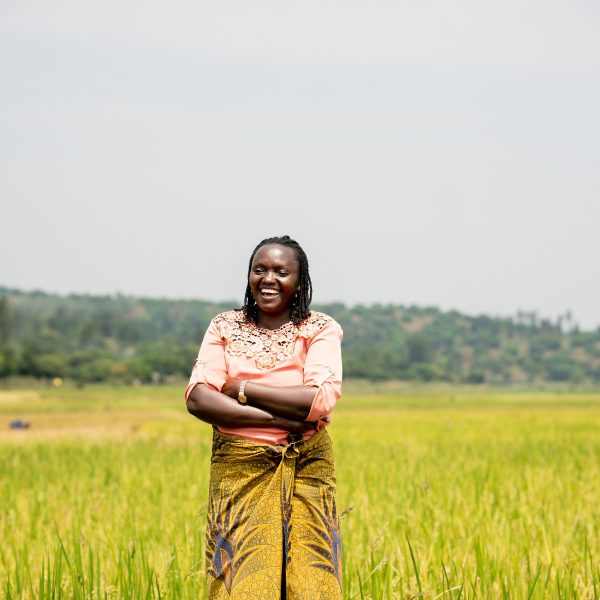
Jean D’Arc Uwambaje, a dedicated farmer from the Bugarama Sector in Rusizi district, has been cultivating tomatoes, vegetables, beans, and rice since 2000. Over the years, she has transitioned from traditional to modern farming methods, observing significant changes in agriculture. She notes that the agricultural practices she uses today are markedly different from those of 20 years ago.
One typical example is the scale of land she cultivates and over 60 workers that she employs in her daily activities, promoting the local economy. Jean D’arc is proud of what she has been able to accomplish. Her success story highlights the potential and contribution of women in agriculture and the overall well-being of society.
Despite facing challenges like irrigation issues, Jean D’Arc remains optimistic. She notes the difficulty in accessing water for her fields, saying, “We have rivers, but getting water to the fields is very difficult because we don’t have machines for irrigation.” Nevertheless, her careful approach to farming and dedication to innovation have boosted her yields.
Given her success with crops like corn and rice, Jean D’Arc plans to expand her farm and explore new crops in the future. She is a shining example in Rusizi’s agricultural sector, demonstrating vision and resilience.
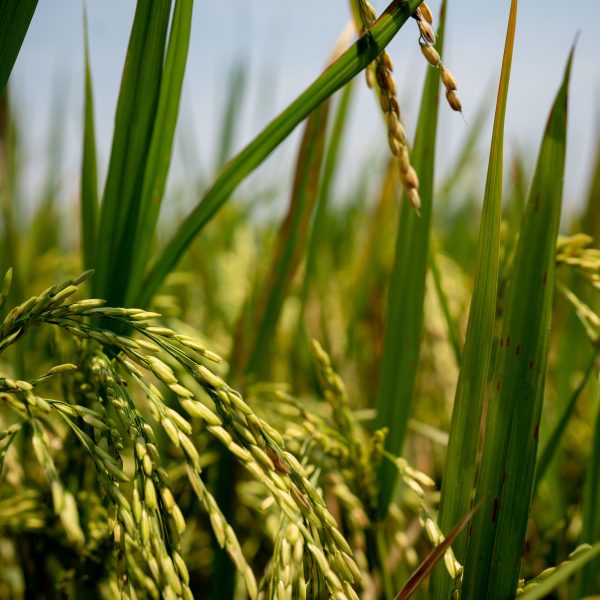
Jean D’Arc advises aspiring farmers to focus on planning and seek expert guidance. She believes that “a good project plan allows you to know what is needed to get the desired result.”
Bugarama Rice is renowned as one of Rwanda’s high-quality rice varieties, highly favored throughout the country. Jeanne d’Arc takes pride in contributing to its production, making a positive impact on her community, and supporting Rusizi’s economic growth.
Rusizi District’s agricultural sector has unique stories that can never be found in other places. From the historic Shagasha Tea Factory to the thriving farmers, the region is the leading example of sustainable agriculture. Whether you’re an investor looking for opportunities in the sector or a traveler seeking authentic agritourism experiences, Rusizi should be your next destination to discover.
Visit Rusizi and experience the beauty of its landscapes, the richness of its agriculture, and the warmth and hospitality of its people.

